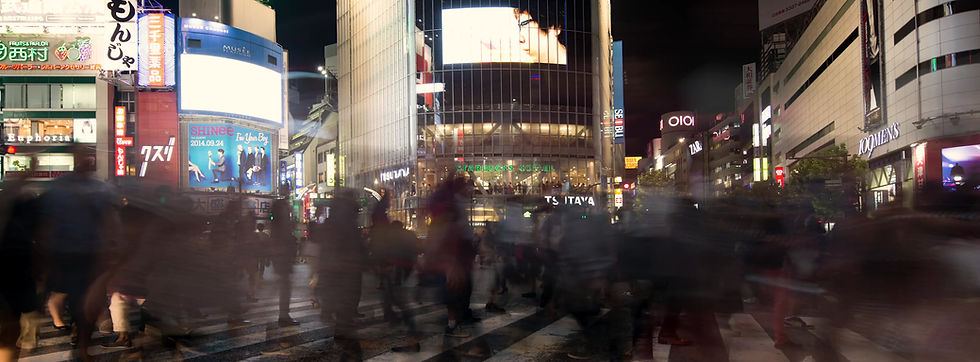
While a lot of work will go into to finding a job in a new country, as much work should go into learning about what life will be like once you get there. The internet has a tonne of information about life in Japan – focusing on both the good and not so good points – and we encourage you to take advantage of these sites as you start to look into your options.
One of the big plusses of living in Japan is its safety record. While bad things can happen anywhere, Japan consistently comes in as one of the safest countries in the world. Another big draw is the country’s convenience stores. It may sound odd that this comes in at number two, but convenience stores in Japan actually live up to the name. Sure, you can get a hot meal, but you can also pay your utility bills and taxes, buy concert tickets, post letters, pick up small packages and much, much more in these cleverly designed outlets.
On the flip side, you may be surprised at the generally low level of English fluency in Japan. If you’re thinking of relocating here, you should be ready to stand out all the time and be an object of interest and placed under well-meaning but sometimes uncomfortable scrutiny. Group culture and sticking to social norms can be very strong in parts of the country and you sometimes might feel like you are being given the cold shoulder because you are not a native. However, more often than not it is because people lack confidence when interacting with foreigners and so play it safe by keeping their distance.
Link Japan Career Europe staff have lived in Japan for decades, and many continue to embrace life in the East. They will always be happy to talk to you about your options and help you decide if relocating to Japan is the right choice for you.
WORK LIFE
IN JAPAN
As important as what you will be doing in your new job is the environment you will be doing it in. Most people have an image of the Japanese office place being a dower, serious place with people putting in long hours, not being able to take vacations with everyone keeping their noses to the grindstone all the time.
In some jobs, that is true! But you might be surprised to learn that overall Japan ranks about the middle on lists of countries that put the most hours in per week. Japan comes in behind even the US, New Zealand, Italy and Spain while ahead of places like France, Denmark and Iceland. Furthermore, more and more companies are shifting to remote work style to help give their employees greater flexibility in deciding how and when to work.
Getting time off from work is just about as easy in Japan as it is anywhere else. Everyone needs time to relax which is always balanced against the feeling of imposing on others while you are
away. That said, Japan has some of the most national holidays in the world coming in the top 10 with 15 in 2020, ahead of countries like Sweden, the US and UK. Most companies provide 10 paid holiday to 1st year employees, and the national government actually imposes penalties on companies that have employees who don’t take enough time off each year. The main different
between holidays in Japan and other countries is that everyone seems to take their days off at the same time, resulting in some impressive crowds and traffic jams in the holiday periods!


TRAVEL
IN JAPAN
While Japan is a great jumping off point to visit other parts of Asia, you could literally spend a lifetime in Japan and not see everything it has to offer. Getting around is easy with trains, planes and buses running on-time to almost anywhere you want to go. While Japan is not a big country comparatively, each region takes pride in what makes it different from its neighbours and goes to great trouble to make sure travellers know about them too.
Almost any hobby you can name will find some expression in Japan and can be a great reason to get out and see the country. From hiking in the Northern Alps, seeing kabuki in Tokyo, whisky tours in Kyoto, digital high-tech of Akihabara, folk dancing at Awajima, of the food culture of Fukuoka, you will be hard pressed to narrow down your travel to-do list.
From budget-minded overnight buses and hostels, to bullet trains and 5-star hot springs, Japan has more than enough to keep you wanting to make the most of the vacation days.
Read on for everything you need to know about moving to Japan, from how much you need to save towards your new adventure to the kind of work-life balance you can expect from Japanese culture.




